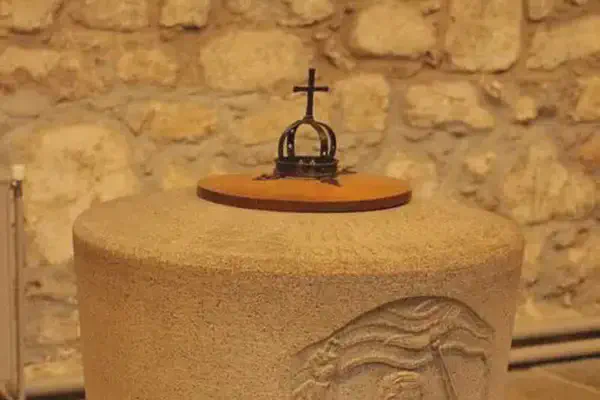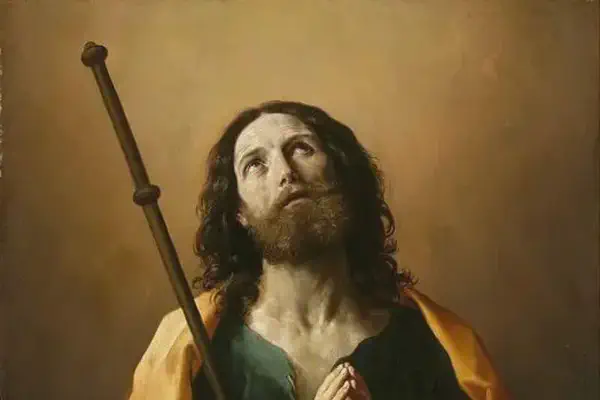On December 11, 1814 in Celtic History
Marie louise o' murphy, famous courtesan of king louis xv of france, dies in paris

Marie-Louise O’Murphy (Marie-Louise O’Morphi) was a French woman known for her association with the French court, particularly as a mistress. She was born on October 21, 1737, in Rouen, France, and passed away on December 11, 1814 in Paris. Her most well-known depiction is in a painting by François Boucher titled “Mademoiselle O’Murphy.”
The family of Marie-Louise O’Murphy was of Irish origin, who settled in Normandy. The presence of her paternal grandfather Daniel Murphy is attested in Pont-Audemer at the end of the 17th century, when his first wife Marguerite Connard (Irish like him) died. Militant of the Jacobite army, he followed the deposed King James II of England to his exile in the Château de Saint-Germain-en-Laye; in consequence all the Catholic regiments who remained loyal to the King were sentenced to death in absentia by the new English government.
Artistic Representation
Marie-Louise O’Murphy gained fame through her portrayal in art, especially in the painting by François Boucher. The painting is often referred to as “Mademoiselle O’Murphy” and is an example of Rococo art.
Boucher’s Painting
François Boucher’s painting depicts Marie-Louise O’Murphy reclining on a couch in a provocative manner. The painting reflects the sensuous and ornate style characteristic of the Rococo period.
Association with Louis XV
Marie-Louise became a petites maîtresses of King Louis XV of France when she was a teenager. Her relationship with the king lasted for a relatively short period, and she did not hold the same prominence as some of Louis XV’s other mistresses.
The term petite maîtresse (little mistress) was given to Louis XV’s mistresses that were not formally presented at court, and unlike the official mistress (maîtresse-en-titre) did not have an apartment in the Palace of Versailles. Generally recruited by the King’s valets in Paris’ surroundings, if their affair lasted more than a single night, they were placed in a group of houses in the district of Parc-aux-Cerfs in Versailles, or close to other royal residences. Marie-Louise O’Murphy resided there for two years, from 1753 to 1755.
Later Life
After her time as a mistress, Marie-Louise O’Murphy married Jacques Pelet de Beaufranchet, Marquis de Montellé, in 1755. She lived a relatively private life after her marriage.
Legacy in Art and History
While her historical role is relatively minor compared to some other mistresses of French kings, Marie-Louise O’Murphy is remembered for her depiction in art. The painting by François Boucher is one of the notable representations of the Rococo style.
Marie-Louise O’Murphy’s life and historical significance are often intertwined with her portrayal in art, particularly in the context of 18th-century French court culture.
Related Content

Shane Patrick Lysaght MacGowan, lead singer of the Pogues, died

St Machar Day, patron saint of Aberdeen

Oíche Shamhna - Cetlic New Year Eve (Halloween)

ALBAN ELFED (Welsh Bardic name for autumn equinox)

Feast day of St. James

John Davie Burgess, King of the Highland Pipers, died at age 71.